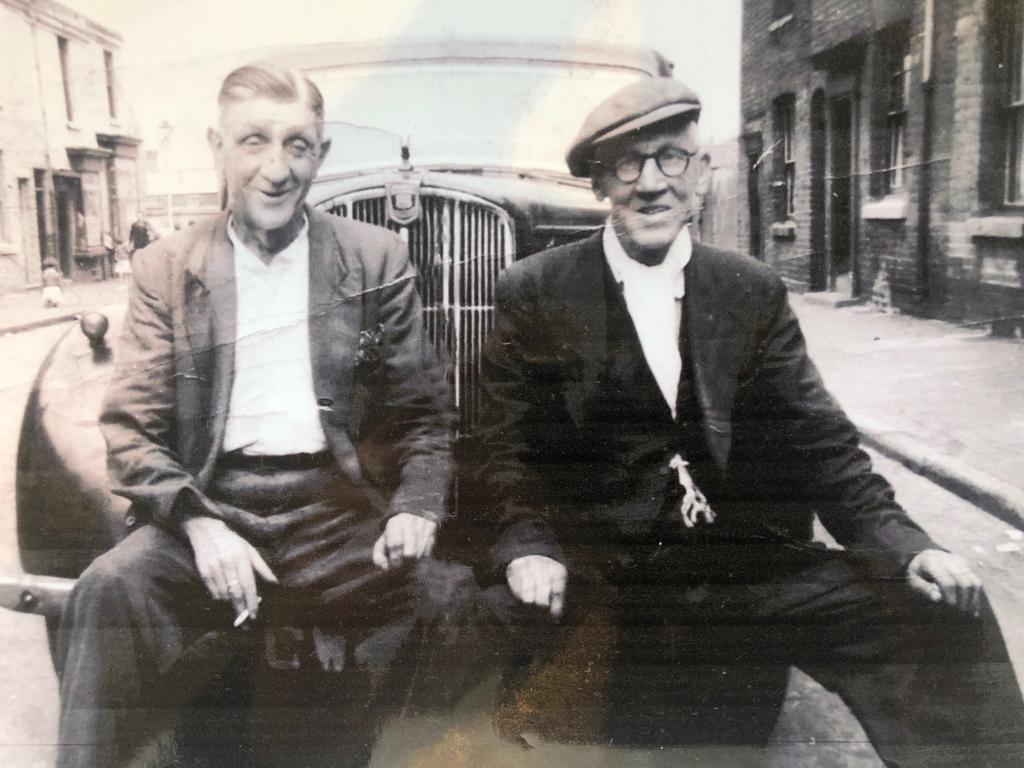The History of Scrap Metal

Here at Taroni’s we’ve been in the scrap metal business from over 70 years. And over the decades we’ve adapted and changed with the times, meeting the scrap metal and recycling needs of the people of Birmingham and the surrounding areas. As a business rich in history we’ve decided to take a look at the history of the scrap metal industry itself.
From its early use in war efforts to its current role in sustainability and resource conservation, the journey of scrap metal has been shaped by changing societal needs and environmental concerns.
In this article, Taroni’s look into the fascinating history of scrap metal, tracing its origins and exploring its transformation into a key component of sustainable solutions.
Scrap Metal Beginnings
For as long as we’ve known metal, we’ve had scrap metal recycling! The practice of recycling and reusing metal dates back thousands of years. In ancient Egypt, Greece, and Rome, metal objects were melted down and repurposed for various applications. The scarcity of metal resources and the labour intensive nature of metal extraction made recycling a practical and economical choice.
War Efforts and Industrial Revolution
Scrap metal recycling became particularly important during times of war. In both World Wars, governments launched scrap drives to collect metal from households and businesses for use in the production military equipment to aid the war. These efforts not only provided crucial resources but also fostered a sense of patriotism and collective contribution amongst the population.
The Rise of the Scrap Metal Industry
In the early 20th century, the the scrap metal industry began. Scrap dealers and recycling centres emerged to meet the increasing demand for recycled metal.
Established in 1952 businesses like Taroni’s of Birmingham played a crucial role in collecting, processing, and supplying scrap metal.
The rise of the automotive industry in the early 20th century fuelled the demand for iron and steel. Scrap yards became key players in meeting this demand by scrapping cars, machinery, and infrastructure. The recycling process involved shredding and melting the scrap metal to produce new steel products, reducing the need for expensive and energy-intensive virgin iron ore extraction.
Environmental Awareness and Sustainability
In recent decades, growing concerns about environmental sustainability have significantly influenced the role and perception of the scrap metal industry.
The recognition of the detrimental effects of waste and the irresponsible disposal of valuable resources led to a shift in focus towards recycling as a means of conserving natural resources and reducing environmental impact.
The recycling of scrap metal plays a crucial role in mitigating the environmental consequences of mining and metal extraction. The process requires significantly less energy compared to primary production, resulting in reduced carbon emissions and conservation valuable energy resources. Additionally, recycling scrap metal helps divert tons of waste from landfills, reducing the strain on waste management systems and minimising environmental contamination.


